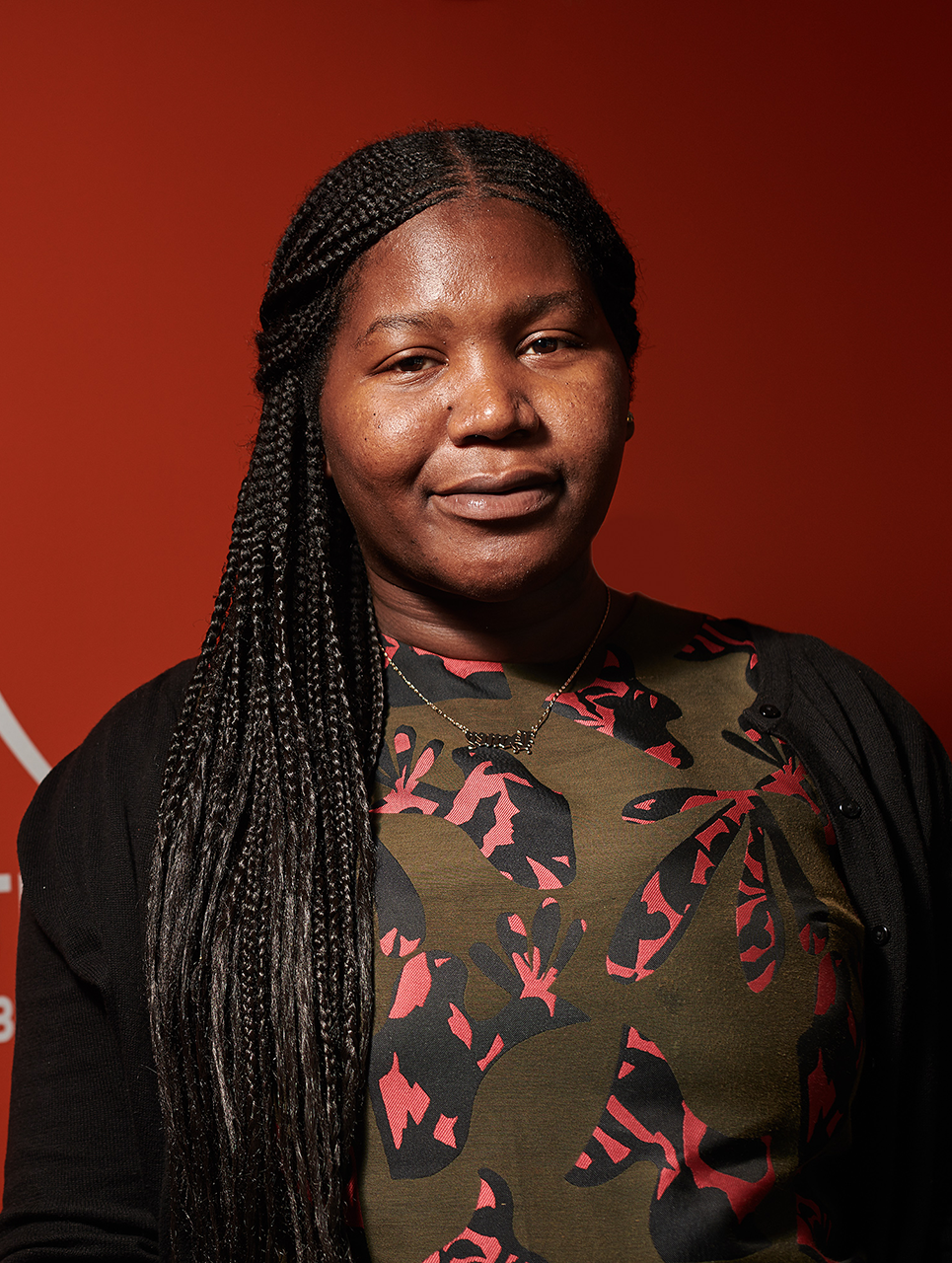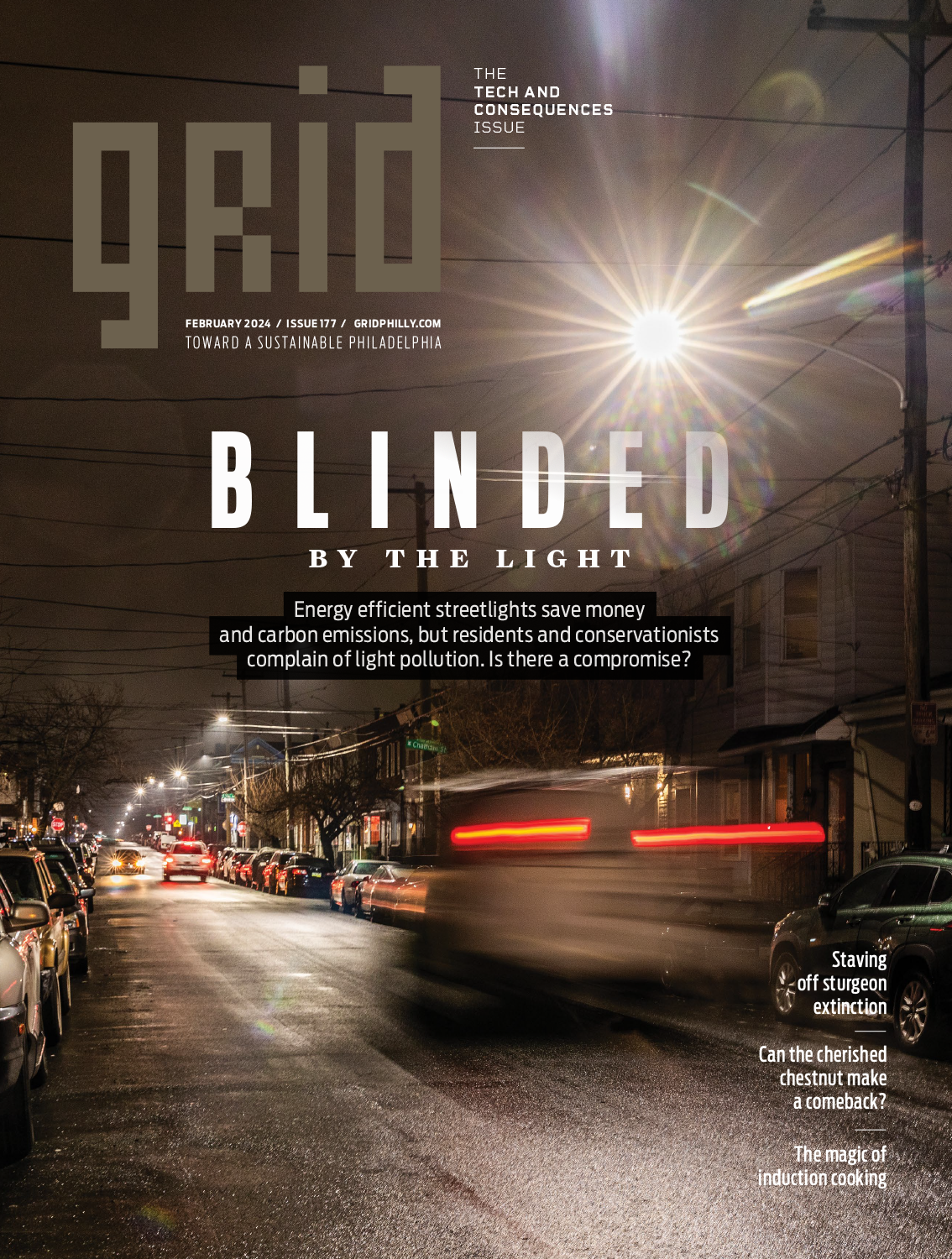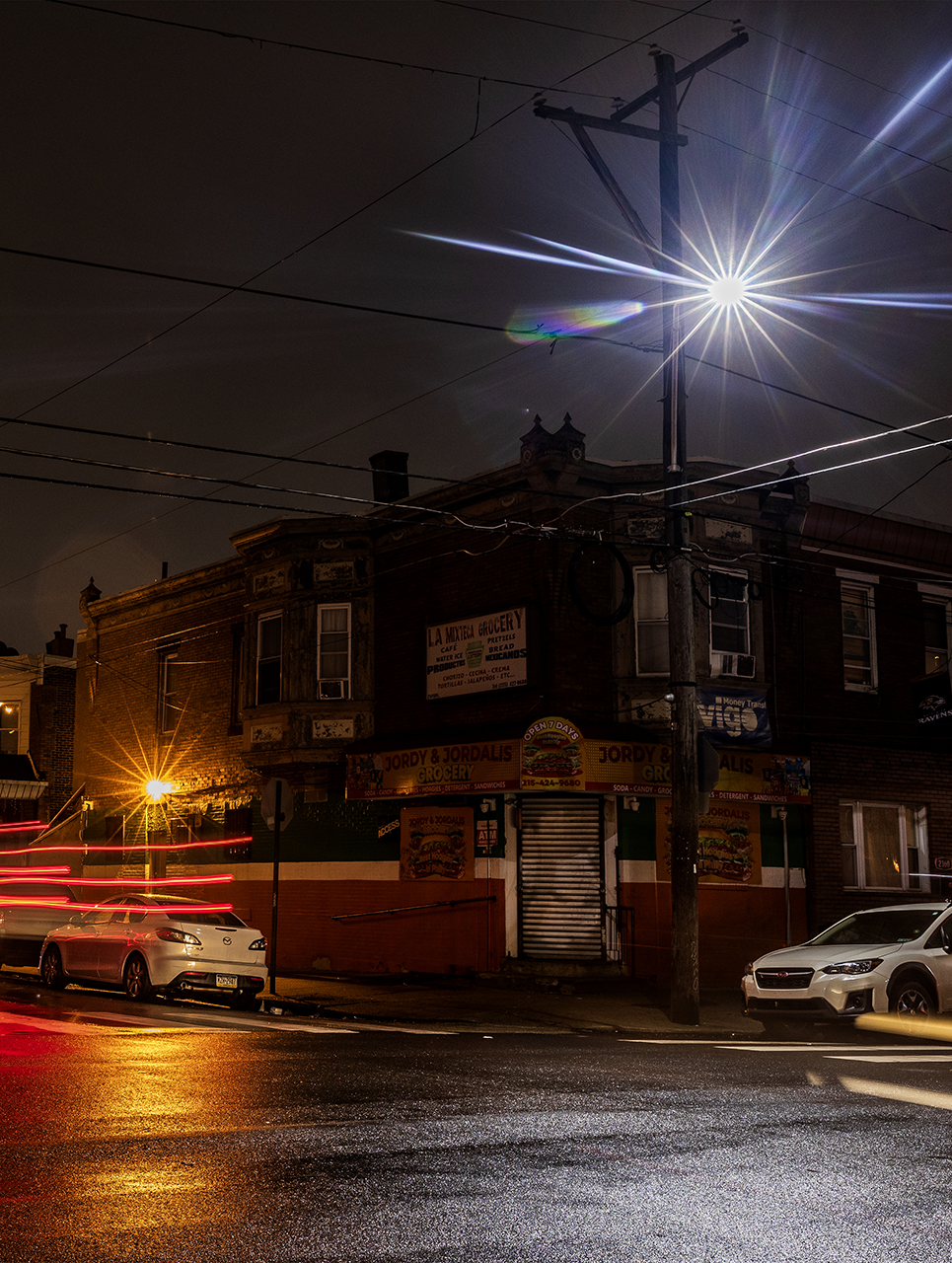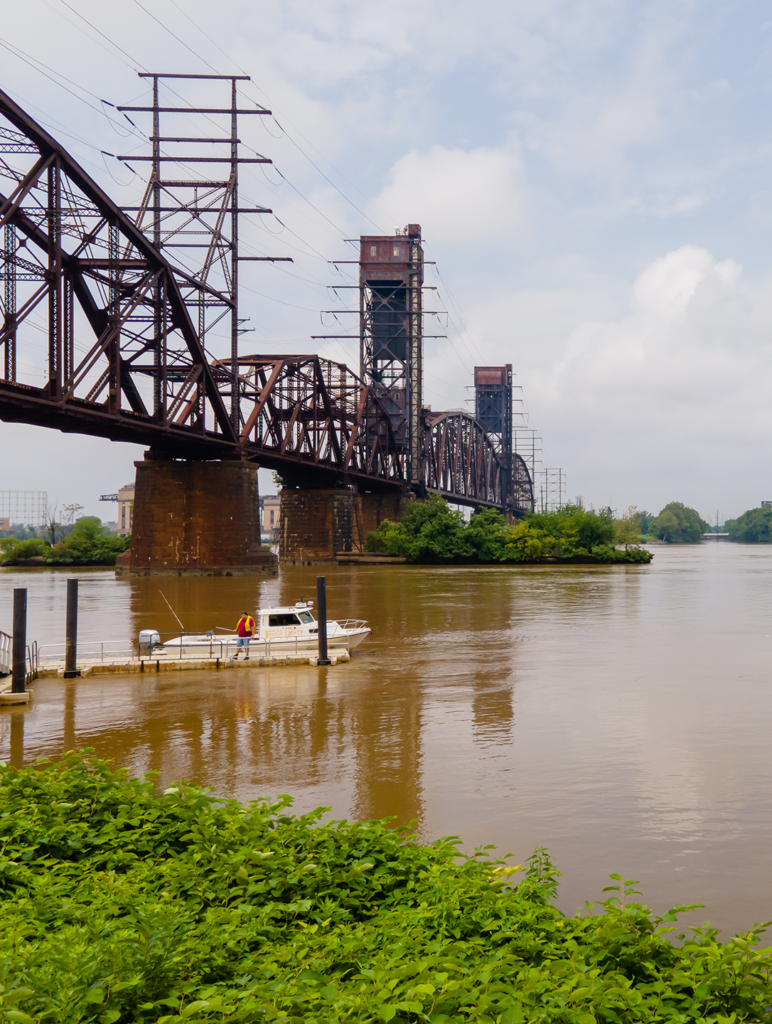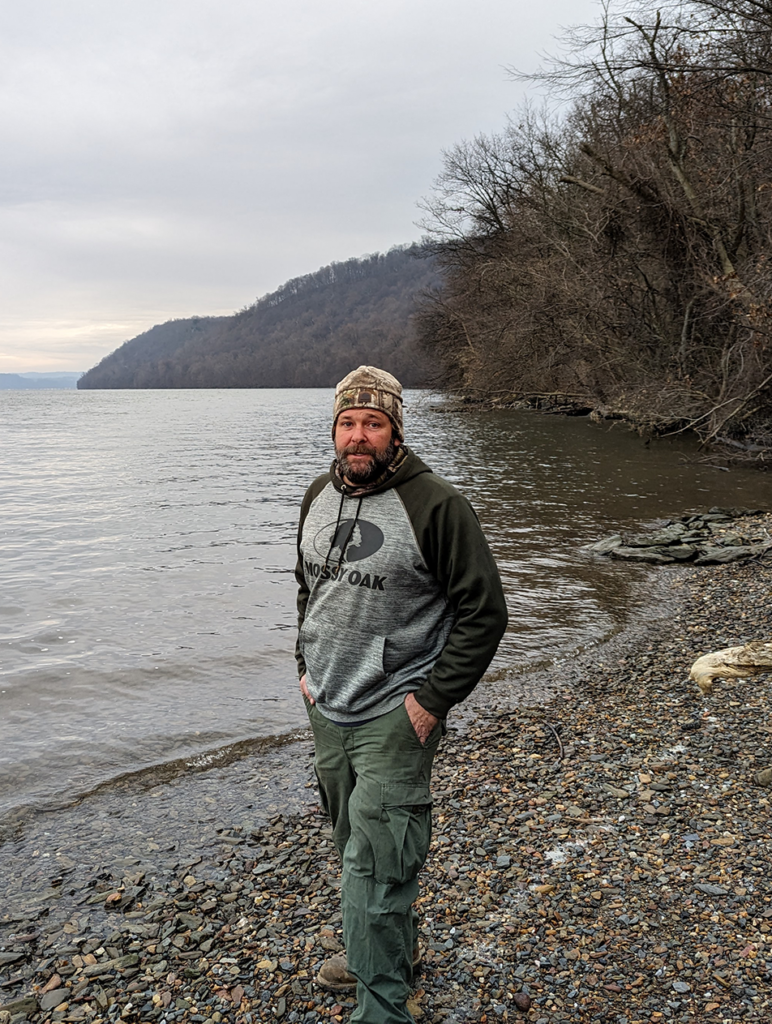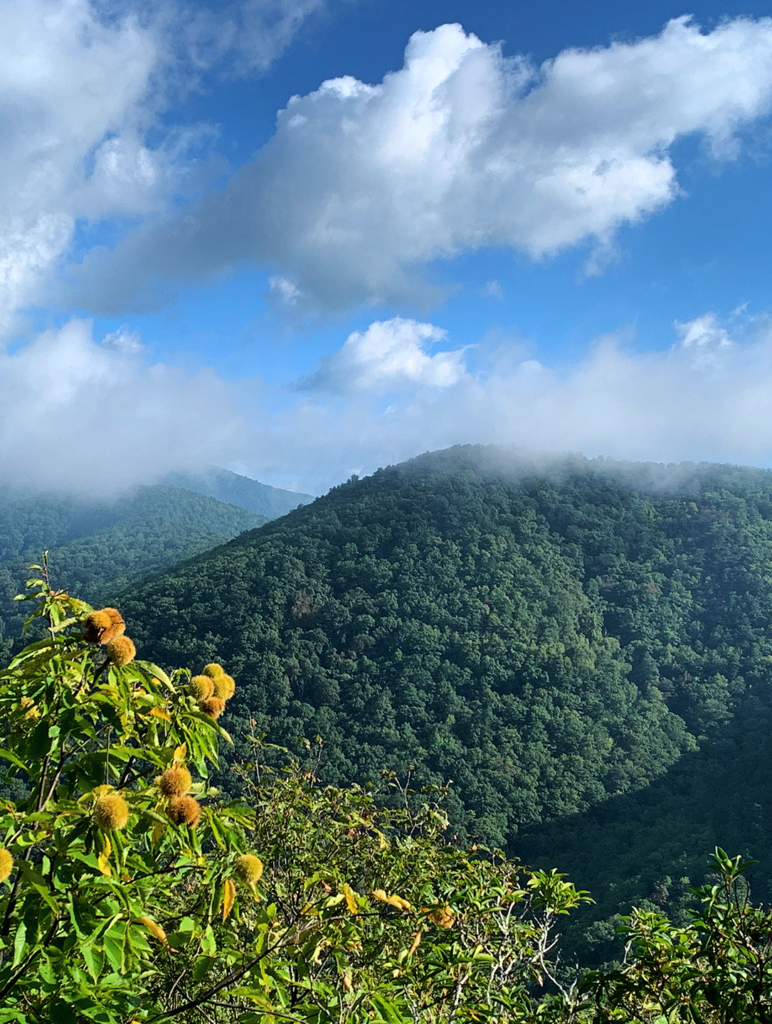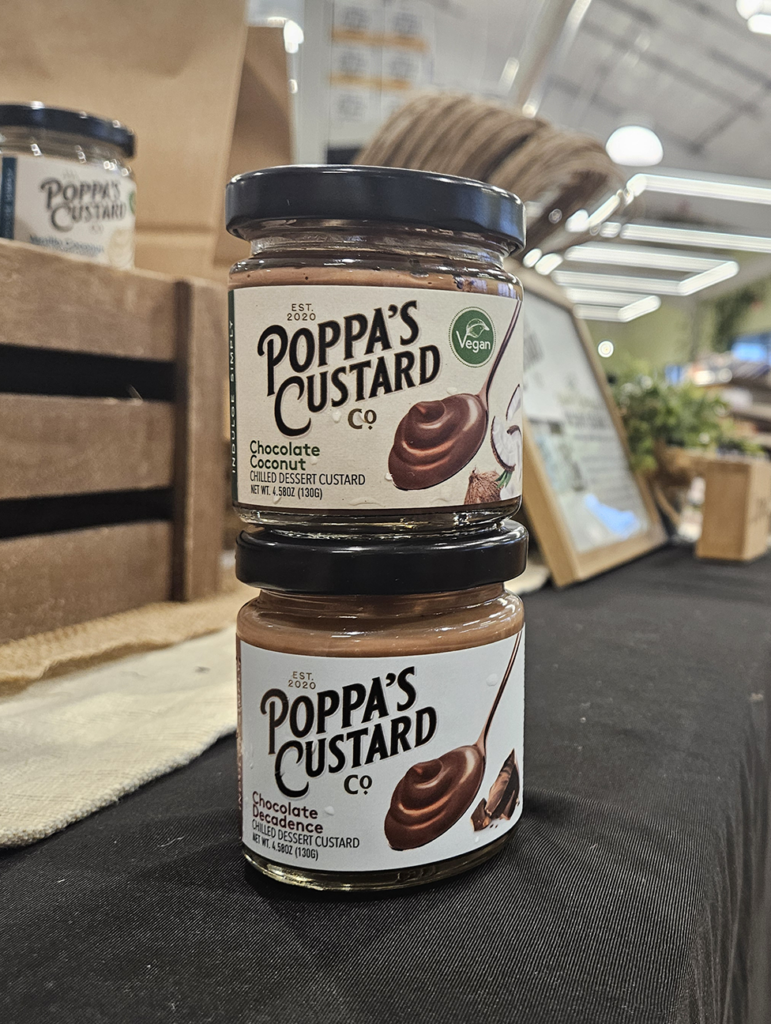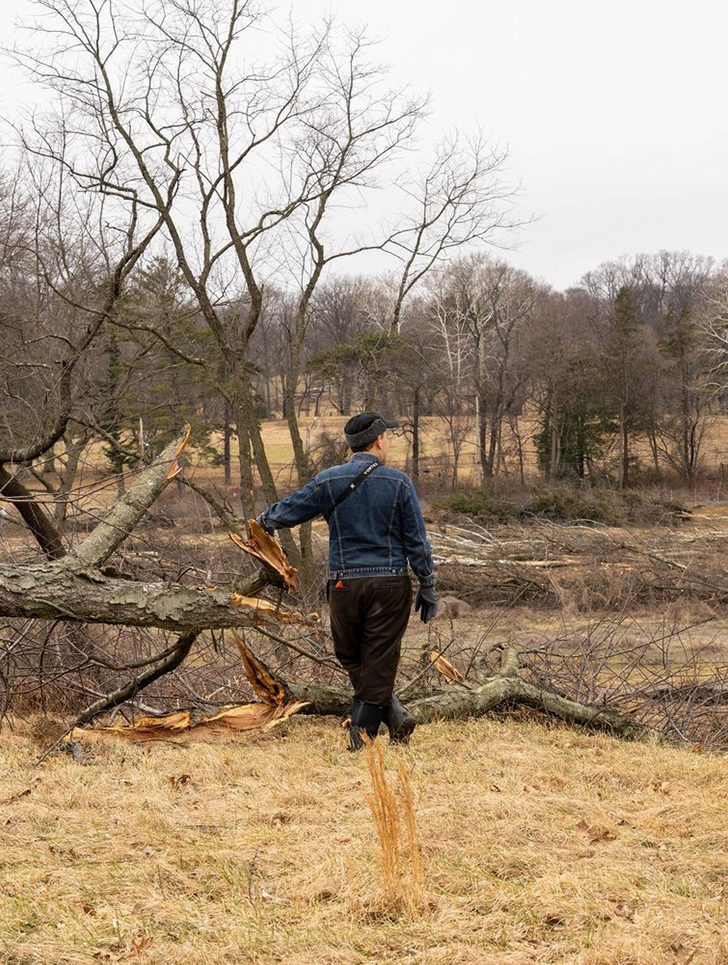By age 5, Philadelphia native Tatyana Woodard knew she was different. Born with a male body, she felt like a girl. She preferred girls’ clothes and loved White Diamonds, her grandmother’s perfume.
Over time, Woodard’s conviction and hidden stash of feminine outfits grew. “At 16, I was put out of my house due to my gender identity,” says Woodard, a Black transgender woman. “I couch surfed and rode trains at night [for shelter]. I turned to sex work to maintain myself.”
Today, the community affairs manager at the Mazzoni Center, a healthcare provider for LGBTQ+ Philadelphians, Woodard also co-founded Ark of Safety/Safe Haven, a North Philly shelter for Black trans women.
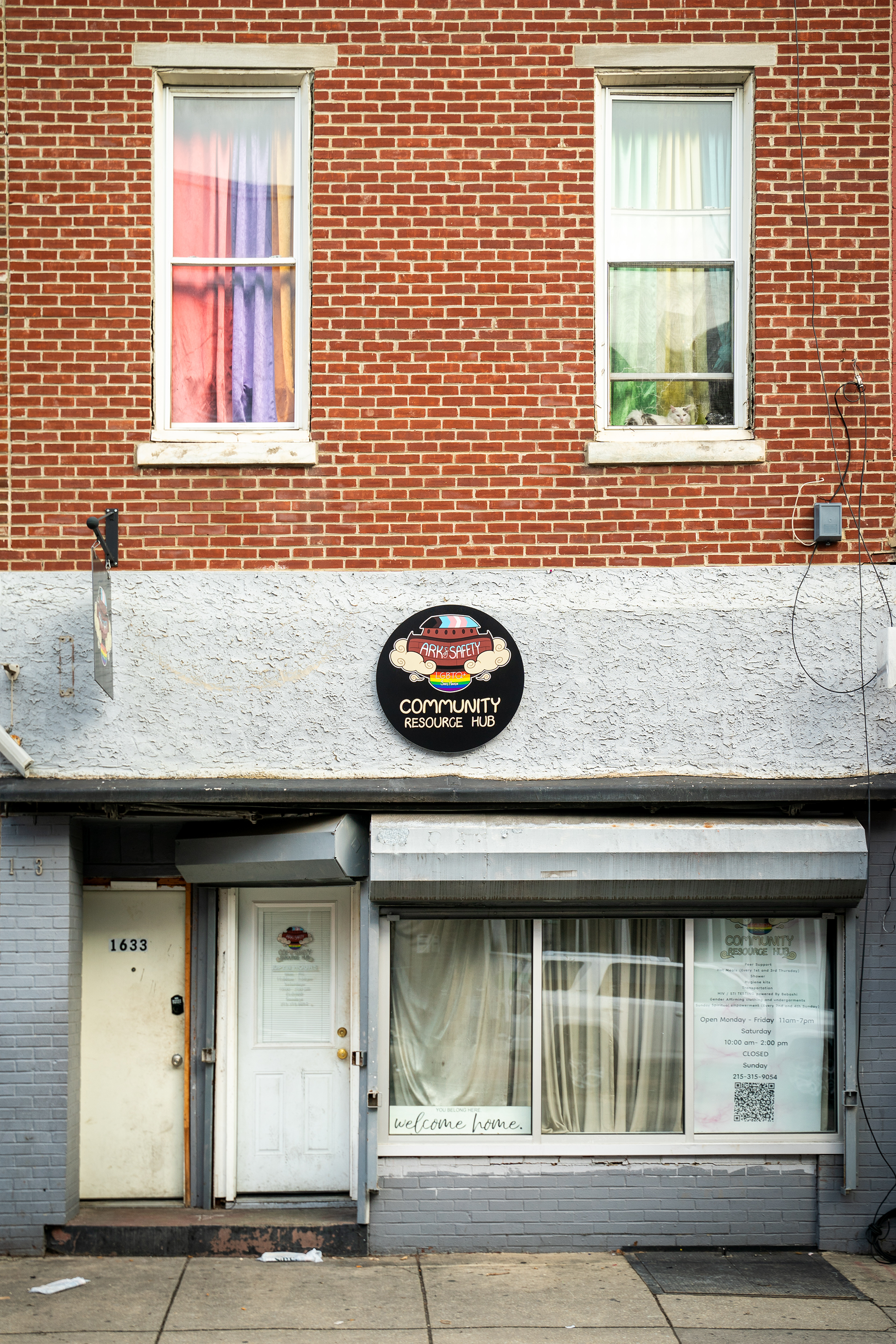
Woodard is one of more than 1.6 million Americans who identify as transgender, according to the Williams Institute at the UCLA School of Law. About 0.55% of Pennsylvania’s almost 13 million residents are transgender, reports wisevoter.com.
Black transfeminine people find themselves saddled with more limitations than other women face. “White people don’t like us because we’re Black, and Black people don’t like us because we’re trans,” Woodard says.
Black trans women in the U.S. are at four times the risk of their cisgender counterparts of becoming victims of violent crime.
That aversion can devolve into violence, including murder, the Williams Institute states in a March 2021 report. Black trans women in the U.S. are at four times the risk of their cisgender counterparts — people whose gender identity aligns with the sex they were assigned at birth — of becoming victims of violent crime.
To complicate matters, homelessness — a status 42% of Black trans people endure at some point, according to the 2015 U.S. Transgender Survey by the National Center for Transgender Equality — heightens the risk. “You’re vulnerable on the streets,” Woodard says. “I was held at gun point. I was raped.”
Having a fixed residence is important for other reasons, too. “You’ve got to have an address to get mail, keep medical appointments and practice hygiene. It’s your bedrock.”
Lack of safe housing for Black trans women is an issue across U.S. cities, and grassroots organizations are coming up with creative solutions. In New York City, Gay and Lesbians Living in a Transgender Society (GLITS) opened the first housing complex owned by the Black trans community in 2020. My Sistah’s House, a shelter in Memphis, TN, is building tiny homes for Black trans women. SisTers PGH, a Black and trans-led nonprofit in Pittsburgh, provides transitional shelter for the BIPOC trans community and aids them in buying homes.
Here in Philadelphia, Ark of Safety and the Black Visioning Group (BVG), a three-year-old collective of Black queer and trans city residents, have pioneered approaches to stable housing for Black trans women.
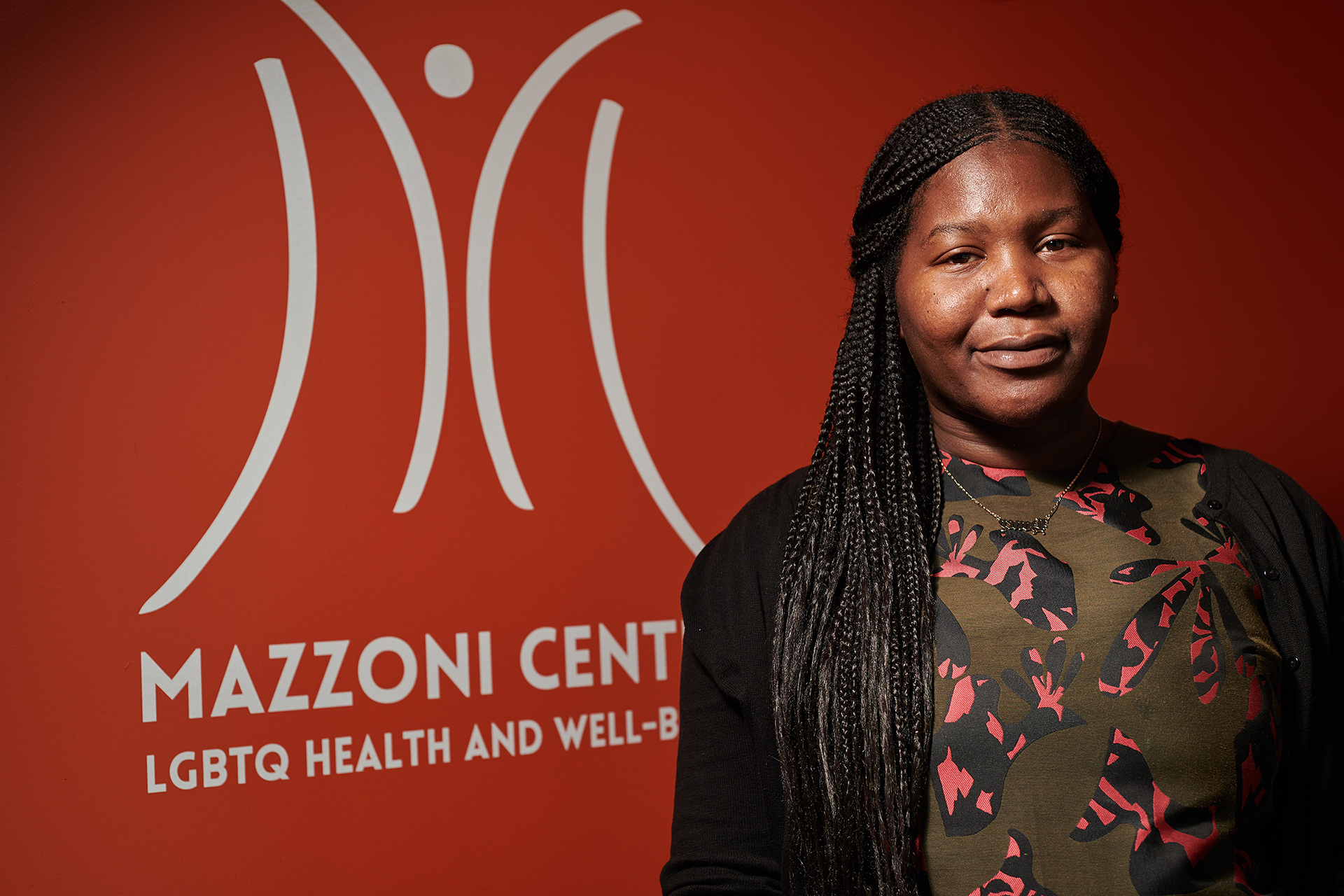
Ark of Safety, the city’s second shelter for Black trans women (Morris Home in West Philadelphia, founded in 2012, was the nation’s first residential recovery service for trans and gender-nonconforming persons) opened in October 2022. Ark residents, who range in age from early teens to over 60, may stay for one night or for months depending on their objective.
“Some people want to get a driver’s license or return to school or find employment,” Woodard says. “The ultimate goal is stable housing and work.” Ark accommodates up to 21 residents and is typically full. They also have a drop-in community center with essentials such as bathrooms, showers, laundry and food storage.
About 75% of Ark residents had to leave their homes due to their gender identity, Woodard says. Others lost their jobs. Several have come from Florida because the state government banned hormones needed for gender transition last summer.
Rejection of trans youth may be especially harsh in religious communities where the family feels shamed. “I’m a preacher’s kid,” says Siren McCloud, a 20-something Ark resident. “Your mother is a pastor. They make you feel like an outcast.”
Malysia, who also lives at Ark, lost her housing when her mother died from a brain aneurysm. “I’ve been homeless for a few years,” she says. “I’ve panhandled, slept on trains, gotten a hotel room for a night or two.” With more stability at Ark, she says she hopes to find work in hotel cleaning or cosmetology. “Faith keeps me going.”
BVG, a collective of LGBTQ+ activists begun in 2020, aims to provide safety and housing for Black queer/trans Philadelphians in a way that “opposes existing systems of violence,” spokesperson Ashley Davis says.
The group offers rapid, transitional and permanent housing for the Black LGBTQ+ community. BVG’s current housing network includes two homes in Germantown, two in North Philly and one in West Philly, which vary in size and the number of occupants. The group is working to establish “a network of sanctuaries for Black queer and trans people,” says Davis.
Davis currently lives in a three-story home in Germantown with five other Black trans residents and one Black child; they pay $1,650 a month in a rent-to-own arrangement. The owner, who is white, froze the purchase price at a below-market figure as a form of reparation.
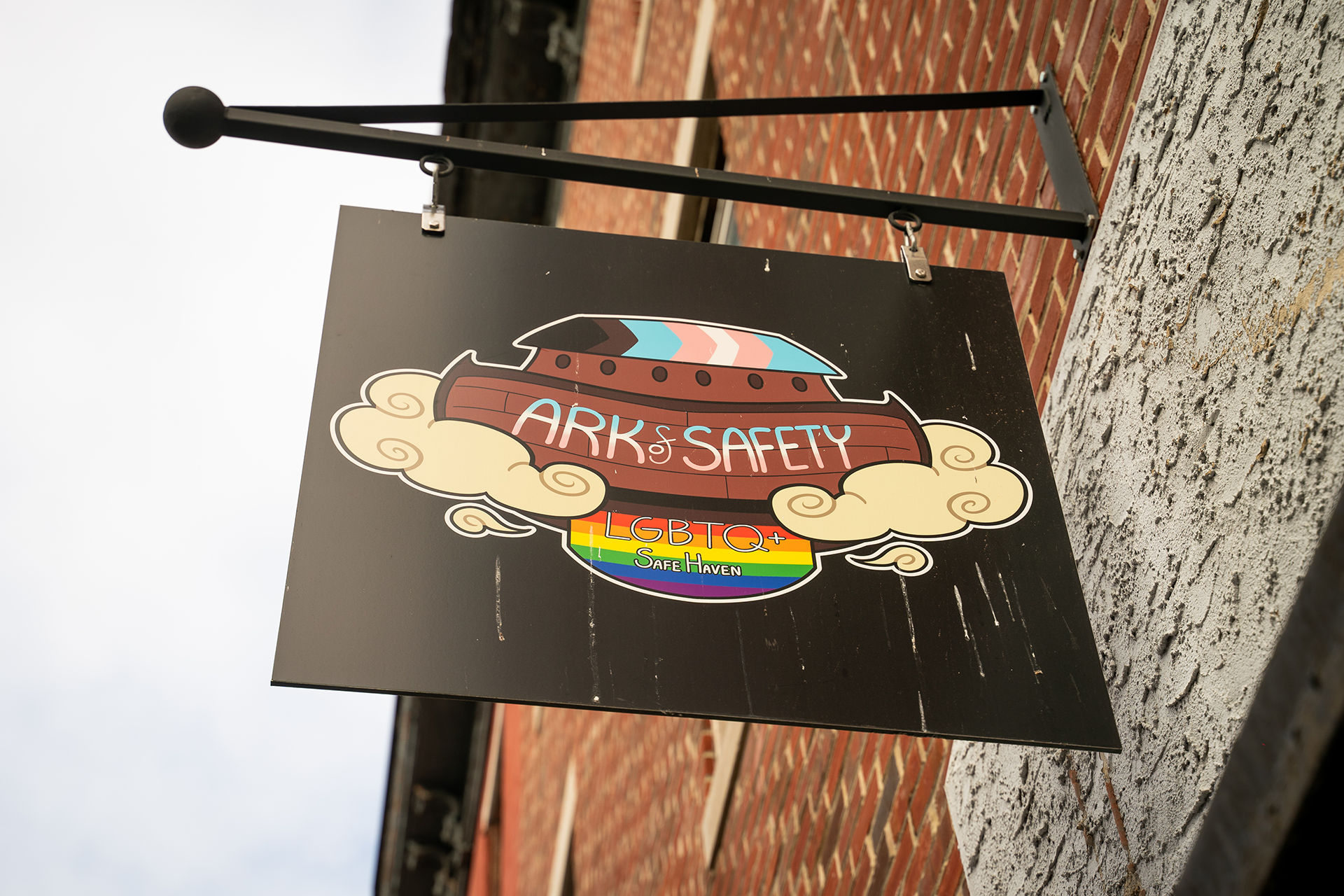
BVG members sometimes tap into a larger network to help Black women who don’t have lodging. In one case, BVG housed such a woman temporarily in one of its homes, but her children were in foster care because she couldn’t provide housing for them. Todzsa English, a Black gay woman, Germantown block captain and founder of Live Decent Super Human, a nonprofit devoted to empowering underprivileged urban neighborhoods, stepped in when she learned about the woman’s dilemma. English offered to let the woman and her children live in a house — bought at a sheriff’s sale for $5,800 — if English got help renovating it.
“It was in bad shape,” English says. “Poor DIY repairs had been done. Spray foam had been used as a universal fixit.”
But help arrived. “We guerrilla-rehabbed it in six months,” Davis says. “Trans/queer people and our allies, some of them highly skilled in painting, plastering, carpentry and electrical work, helped.” The woman was able to prove that she had an appropriate dwelling for her children and regained custody.
“She’s still living there with her children,” says English, explaining that she charges below-market rent because of her tenant’s limited income. “It hasn’t been all roses and daisies, but I would do it again.”
This is the first time I’ve been in stable housing. I suffer from mental health issues and I can take better care of myself now.”
— Jingle, Black Visioning Group
In another case, BVG helped Jingle, a trans woman and one of its members, find housing. The collective has an arrangement with the owner of the property to work toward purchasing it, according to Davis. “This is the first time I’ve been in stable housing,” Jingle says. “I suffer from mental health issues and I can take better care of myself now.”
BVG’s mission also includes equipping Black trans women with the knowledge to maintain a house. “It’s unsafe for us to learn in a traditional environment because the majority of licensed people in the construction trades are white cis men and it’s difficult to hire trustworthy people,” Davis says. “Helping to renovate houses provides a safe space for Black, queer, trans people to learn plumbing, electrical work and other skills.”
The group funds much of their housing work by redistributing wealth through a lens of reparations, and advocates for guaranteed income — no strings attached — as a form of reparation for generations of exploitation of Black people. Davis mentions that the Pennsylvania Department of Human Services is considering guaranteed income for a limited time through government and private funds, and points out the momentum for reparations evident in City Council’s Reparations Task Force, begun last year, and in Mayors Organized for Reparations and Equity, a group of 11 mayors who favor paying reparations to African American citizens in their cities.
Redistributing wealth through reparations could mean self-determined lives for Black queer and trans people, according to BVG. “Imagine the healing possible with one’s basic needs met,” says Davis, noting that BVG would study the results of such a pilot program.
BVG can point to achievements such as good housing for Jingle and for the mother who was able to reclaim her children. Likewise, Ark of Safety has success stories. “One of our graduates secured employment at the Mazzoni Center,” Woodard says. “Another got a job in the kitchen of the Convention Center, and a third is working at SEPTA.”
For details or to make a donation, visit arkofsafetyhaven.org and blackvisioninggroup.com

